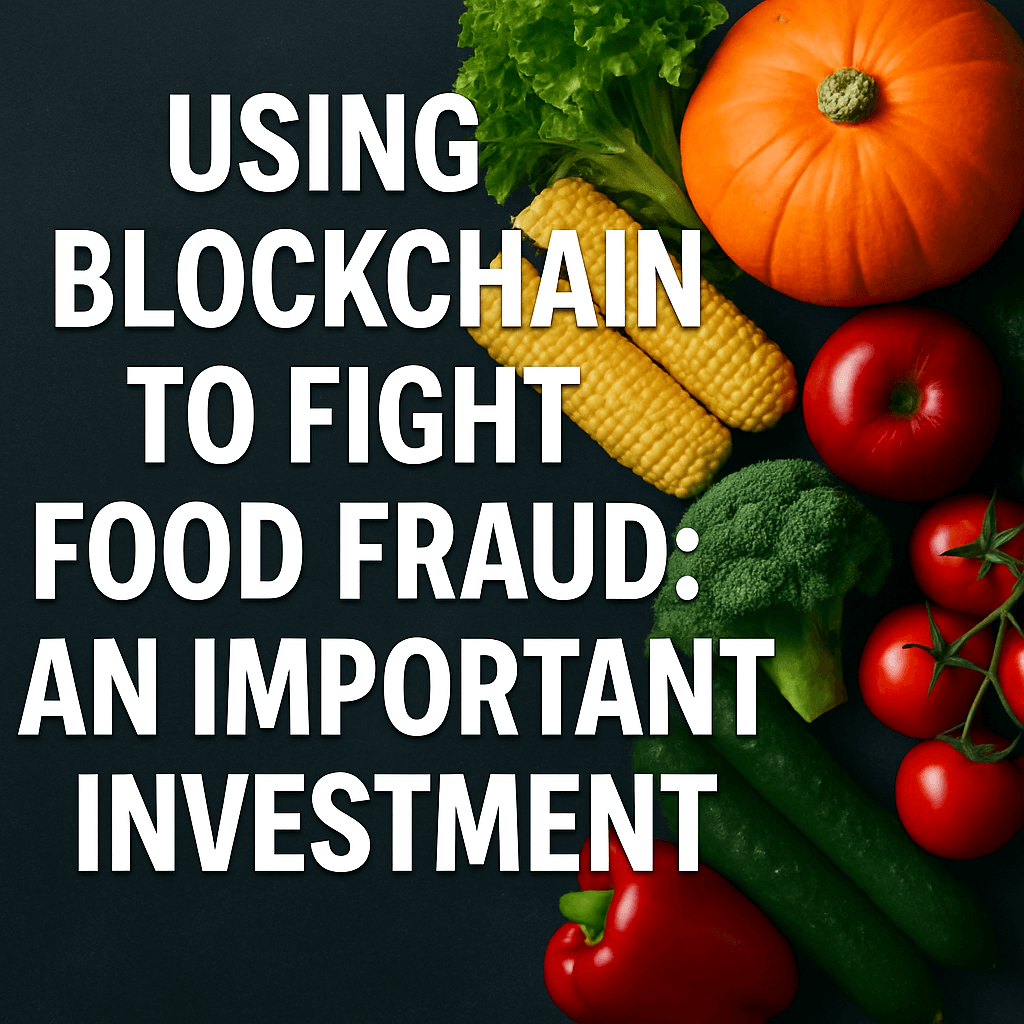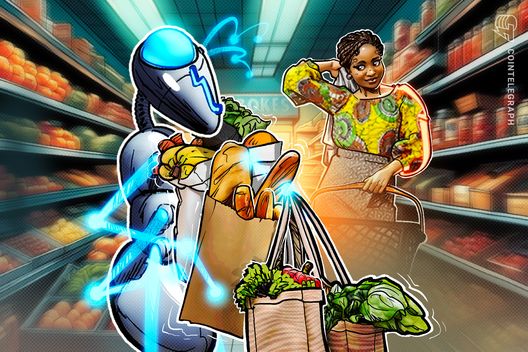Using Blockchain to Fight Food Fraud: An Important Investment


Blockchain technology has emerged as a revolutionary tool in various sectors, notably in food safety and traceability. The ongoing food fraud crisis—characterized by deceitful practices that compromise product integrity—has drawn attention to how blockchain can ensure transparency and authentication throughout the supply chain. However, the implementation of this cutting-edge technology poses significant challenges, primarily in terms of cost.
The Scope of Food Fraud: A Global Issue
According to a report by the Food and Agriculture Organization (FAO), food fraud encompasses a variety of illicit practices, including mislabeling, dilution of products, and substitution of low-quality ingredients. The annual economic cost of food fraud is estimated to be up to $40 billion globally. Beyond financial repercussions, such fraud can endanger public health and erode consumer trust.
Blockchain’s Role in Enhancing Traceability
Blockchain technology functions as a decentralized ledger that securely records transactions across multiple computers in real time. This feature is particularly beneficial in the food industry, where the ability to trace ingredients back to their source can mitigate potential fraud. Utilizing smart contracts—self-executing contracts with the terms of the agreement directly written into code—stakeholders can automatically validate the authenticity of food products, streamlining processes and reducing human error.
Technical Framework of Implementation
- Data Input: Each point in the supply chain inputs data onto the blockchain. This could range from harvest data, transportation conditions, to storage temperatures.
- Immutable Records: Once data is entered into the blockchain, it cannot be altered, providing an unprecedented level of trust. This ensures that consumers receive product information that is accurate and verifiable.
- User Accessibility: Various stakeholders, from farmers to retailers, can access the blockchain data in real-time, fostering a culture of transparency.
Challenges of Adopting Blockchain in Food Supply Chains
While the potential rewards of implementing blockchain technology in food tracking are considerable, several challenges hinder widespread adoption:
- Initial Investment Costs: Setting up a blockchain system requires considerable investment both in terms of technology and training personnel. Small-scale producers may find these costs prohibitive.
- Integration with Existing Systems: Many food supply chains operate on legacy systems that may not seamlessly integrate with blockchain technology, resulting in additional costs and logistical hurdles.
- Regulatory Considerations: Various countries have different regulations and compliance requirements related to food safety and traceability, complicating global implementation.
Recent Developments and Future Outlook
As of late 2023, several high-profile projects have emerged, showcasing the successful use of blockchain in food safety. For instance, Walmart has partnered with IBM to utilize blockchain for tracing produce back to its source, dramatically reducing the time taken to track foodborne illnesses. Similar initiatives are taking root around the globe, from seafood tracing in Japan to poultry safety measures in Brazil.
Experts suggest that continuous innovation and collaboration among stakeholders—from tech developers to regulators—are essential for overcoming the hurdles associated with blockchain adoption. Furthermore, as consumer awareness of food fraud grows, pressure on brands will likely increase, driving demand for these transparent solutions.
Conclusion: Balancing Cost with Integrity
Implementing blockchain technology in the food industry offers a promising solution to combat food fraud, but the costs associated with such advancements cannot be ignored. As the technology matures and its benefits become more apparent, both consumers and producers may find that investing in blockchain is not just an expense, but a necessary step towards ensuring integrity and safety in the food supply chain.
As we embrace blockchain technology, the hope is that we can transform the food industry into a landscape where fraud has no place.